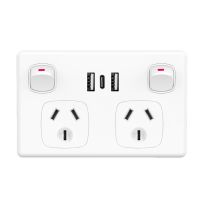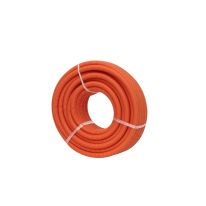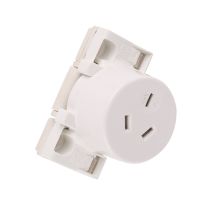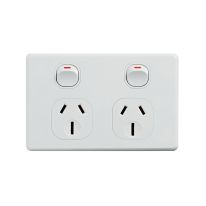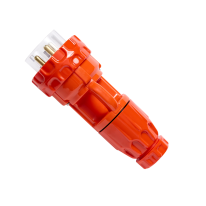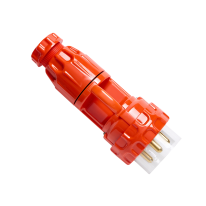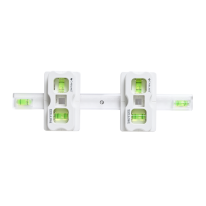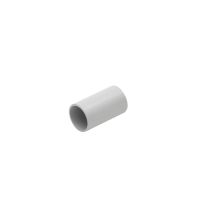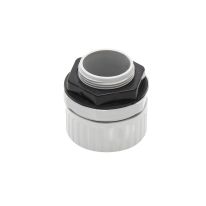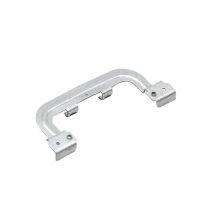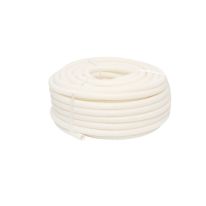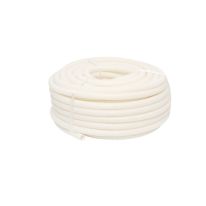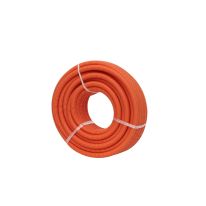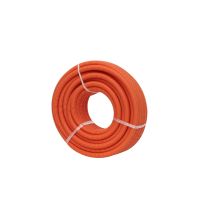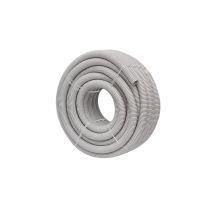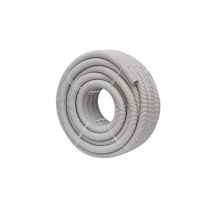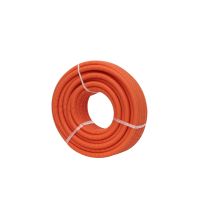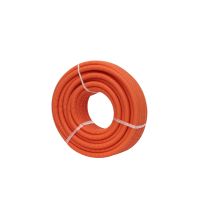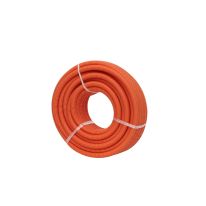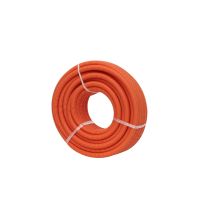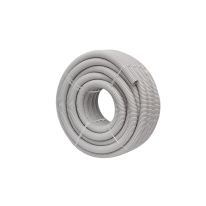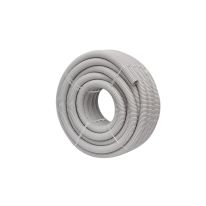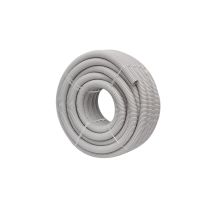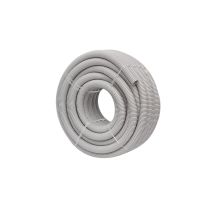Electrical
736 Results


-
SKU: 040.000.0117 4C | Deluxe Double Power Point 240V 10A with 5V 2 x 2.4A and 3A Type C USB Charger (Total 7.8A) | Horizontal
Single Pack
$65.89 $59.90In stock
-
SKU: 040.040.0433 4C | 50mm Corrugated Conduit Heavy Duty Orange 10 meter/roll$47.25 $42.95
In stock
-
SKU: 040.000.0348 4C | Quick Connect Surface Socket 10A - 10 Pack
Single Pack
$27.39 $24.90In stock
-
SKU: 040.000.0310 4C | Classic Double Power Point 250V 15A - Horizontal
Single Pack
$6.50 $5.91In stock
-
SaleSKU: 040.000.0368 4C | Industrial Phase Isolated Straight Plug IP66 250V 3Pin 20ASpecial Price $30.03 $27.30 Regular Price $42.90 $39.00
In stock
-
SaleSKU: 040.000.0369 4C | Industrial Phase Isolated Straight Plug IP66 250V 3Pin 32ASpecial Price $35.11 $31.92 Regular Price $50.16 $45.60
In stock
-
SKU: 040.050.0050 4C | Mark & Move Wall Plate Stencil | Electrical outlet cutting jig$33.00 $30.00
In stock
-
-
-
SKU: 040.000.0365 4C | C-Clip Mounting Bracket for Elegant Series - 50 pack
Pack of 50
$25.85 $23.50In stock
-
SKU: 040.040.0436 4C | 50mm Corrugated Conduit Medium Duty White 25 meter/roll$97.35 $88.50
In stock
-
SKU: 040.040.0435 4C | 50mm Corrugated Conduit Medium Duty White 10 meter/roll$47.25 $42.95
In stock
-
SKU: 040.040.0434 4C | 50mm Corrugated Conduit Heavy Duty Orange 25 meter/roll$113.00 $102.73
In stock
-
SKU: 040.040.0442 4C | 40mm Corrugated Conduit Heavy Duty Orange 10 meter/roll$34.71 $31.55
In stock
-
SKU: 040.040.0432 4C | 50mm Corrugated Conduit Medium Duty Grey 25 meter/roll$98.18 $89.25
In stock
-
SKU: 040.040.0431 4C | 50mm Corrugated Conduit Medium Duty Grey 10 meter/roll$55.33 $50.30
In stock
-
SKU: 040.040.0430 4C | 32mm Corrugated Conduit Heavy Duty Orange 25 meter/roll$106.59 $96.90
In stock
-
SKU: 040.040.0429 4C | 25mm Corrugated Conduit Heavy Duty Orange 50 meter/roll$119.90 $109.00
In stock
-
SKU: 040.040.0428 4C | 25mm Corrugated Conduit Heavy Duty Orange 25 meter/roll$71.25 $64.77
In stock
-
SKU: 040.040.0426 4C | 20mm Corrugated Conduit Heavy Duty Orange 25 meter/roll$30.98 $28.16
In stock
-
SKU: 040.040.0425 4C | 32mm Corrugated Conduit Medium Duty Grey 25 meter/roll$49.35 $44.86
In stock
-
SKU: 040.040.0424 4C | 25mm Corrugated Conduit Medium Duty Grey 50 meter/roll$68.20 $62.00
In stock
-
SKU: 040.040.0423 4C | 25mm Corrugated Conduit Medium Duty Grey 25 meter/roll$34.76 $31.60
In stock
-
SKU: 040.040.0422 4C | 20mm Corrugated Conduit Medium Duty Grey 50 meter/roll$40.43 $36.75
In stock


